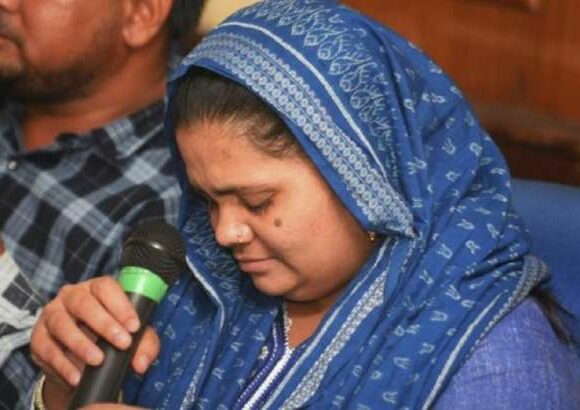Supplementing your old age income through reverse mortgage.
A reverse mortgage (or lifetime mortgage) is a facility available to senior citizens , wherein the bank or the financial institution gives you a series of future cash-flows for a fixed tenure against mortgage of the residential property owned. You are entitled to collect the future cash flows in one shot or in monthly, quarterly, half yearly or yearly intervals , as per your cash flow requirements. If a huge amount is required in lumpsum ( eg hospital emergency ) you can opt for the lumpsum payment. For supplementing your regular cash flows you can opt for the monthly payment basis. The facility is available to homeowner who is above 60 years of age , Married couples will be eligible as joint borrowers for financial assistance provided the property is not already offered as security for any other loan and no charge exists on the property. The residual life of the property should be at least 20 years. The owner should pay all taxes relating to the house and maintain the property as his primary residence
The amount that can be availed by way of reverse mortgage depends on several factors like borrower’s age, value of the property, current interest rates and the benefit payment plan chosen. Generally speaking, the higher the age, higher the value of the property , higher the money available. Banks maintain a margin on the property value and the balance amount will be paid to the owners over a maximum period of 20 years. The property will be revalued every 5 years and the banks have the option to revise the periodic / lump sum amount based on revaluation of property. Where the borrower lives longer than 20 years, periodic payments will not be made by lender beyond 20 years. However, the borrower can continue to occupy. The loan shall become due and payable only when the last surviving borrower dies or would like to sell the home, or permanently moves out. In other words even if one of the spouse dies the other can still continue living in the house. On death of both the borrowers, the legal heirs have the choice of keeping or selling the house. If they decide to sell the house, the proceeds of the sale would be used to repay the mortgage, and the balance amount can be retained by them.
Repayments need not be made during the life time of the borrower(s) and thus the loan balance rises over time. But generally when appreciation in land prices are good the value of the home grows at a much faster rate than the loan balance. Thus the borrows stand to gain by retaining the property and not selling it off for raising funds. They also have the comfort of staying in their own home till death. Moreover the amount received through reverse mortgage is considered as loan and not income and thus the same will not attract any income tax or capital gains tax.








